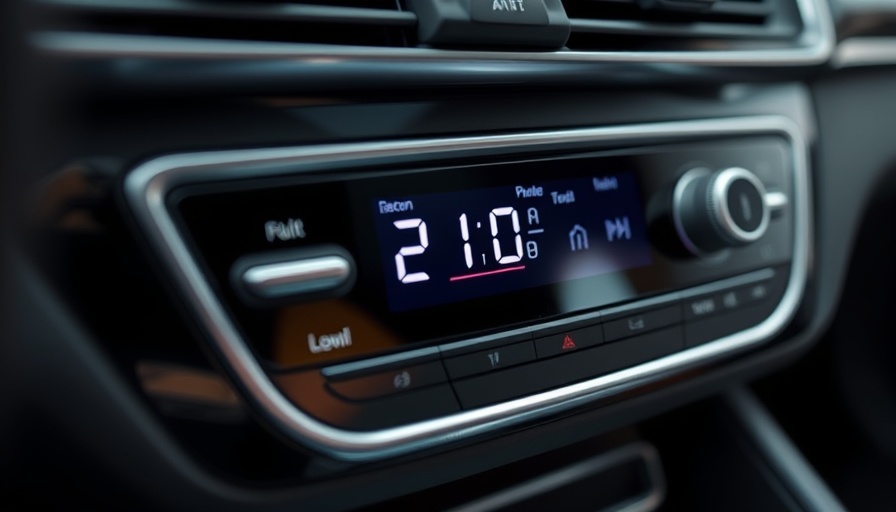
Understanding What Goes Out for Curbside Pickup
The joy of decluttering your home is often accompanied by the question: what actually goes out on the curb for trash pickup? Fortunately, waste management expert Jordan Grissman, who operates a dumpster rental service in Green Bay, Wisconsin, is here to guide us.
Common Curbside Pickup Practices
Across the United States, cities generally accept a wide array of household waste for curbside collection. Items like sealed bags of kitchen scraps, recyclable materials such as cardboard, clean paper, glass bottles, and certain plastic containers can typically be placed at the roadside.
In Florida, Valentina Rodriguez, a waste management professional, emphasizes the significance of knowing specific rules. For instance, branches should be manageable, ideally under six inches in diameter and cut to four feet in length. Understanding these guidelines is crucial for a successful trash pickup.
Items You Can Safely Dispose Of
According to waste management experts like Brent Bell, vice president of recycling at Waste Management, many cities allow bulk items, such as furniture and appliances, on designated pickup days. However, it’s advisable to check with your local waste management service beforehand, especially in states like California where regulations differ significantly.
What’s Off Limits at Curbside?
The list of items not allowed for curbside pickup is notably longer. Hazardous materials, including paints, pesticides, and certain cleaning chemicals, are strictly prohibited due to safety concerns. Construction debris such as lumber and composites is also not accepted and requires special handling.
By being aware of the allowed and prohibited items for trash pickup, residents can not only facilitate smoother waste disposal but also contribute to effective recycling efforts.
The Importance of Recycling
Understanding local recycling rules is not just about convenience; it’s a step towards sustainable living. As more people embrace eco-friendly practices, knowing what can be recycled versus what should be discarded helps reduce contamination in recycling streams, making these processes more efficient.
Practical Tips for Waste Disposal
Implementing sustainable waste practices in your home can also become a DIY project. Consider building your own compost bin for kitchen scraps or creating DIY home decorations from recyclable materials. Using creative approaches to waste management not only reduces landfill contributions but can also turn unwanted materials into unique home decor.
Take the Next Step in Sustainable Living
As more individuals become conscious of their environmental footprint, understanding waste disposal measures is crucial. This kind of knowledge empowers residents to make informed decisions about what they toss curbside.
If you're eager to embrace a more sustainable lifestyle and explore eco-friendly home projects, check out our tips and tricks on DIY home improvement and organization.
 Add Row
Add Row  Add
Add 




Write A Comment